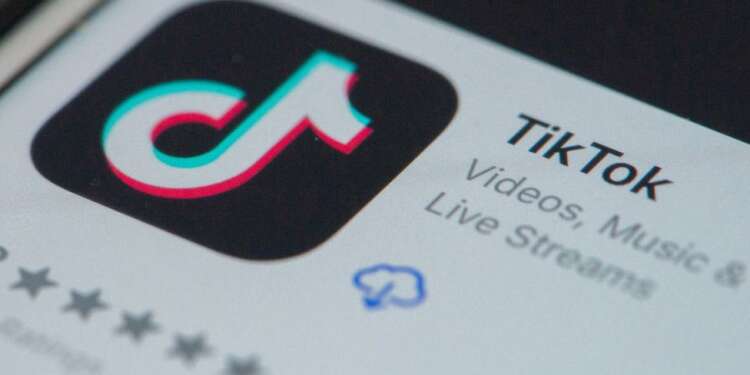TikTok CEO Shou Zi Chew met with European Union (EU) officials amid growing concerns about the short-video app’s potential transmission of EU user data to China and other sensitive issues such as child safety, privacy and disinformation.
The development comes as scrutiny around TikTok’s data-sharing practices mounts in the EU markets and US. The concerns about transfers of datasets were fuelled after TikTok’s parent company, ByteDance (based in Beijing), admitted in November that EU user data could be accessed by some staff in China.
Regulators are calling for more transparency around the company’s sensitive internal operations, arguing that ByteDance could be forced into handing over data of EU consumers to the Chinese government under the country’s strict laws, risking sensitive and confidential data.
TikTok CEO, on a visit to Brussels on Tuesday, sought to reassure the EU that the company would respect the region’s digital regulations and commitments to data protection and child safety. The EU’s continuing investigation into the possible data transmission and other important issues like paid political content and information disorders were discussed as well.
In the US, a number of states have banned TikTok from government devices citing the same security concerns and some lawmakers are even calling for a national ban on the popular social media app, despite its massive popularity and monetary potential for a range of consumers.
The regulatory glare around TikTok significantly intensified in the US after ByteDance, after concluding an internal probe last month, revealed that at least two TikTok employees had improperly accessed the data of US journalists to investigate potential leaks of confidential company information.
The employees, who were subsequently fired, had acquired the journalists’ as well as a few other suspected staffers’ location information to check whether they had been in close proximity. The journalists whose location data was accessed were associated with leading publications such BuzzFeed and Financial Times.
The EU is set to rein in the Big Tech with the enforcement of the Digital Services Act (DSA) in the coming months, which will require leading tech players, including Meta, Alphabet, and Twitter, to take stricter actions against illegal content.





